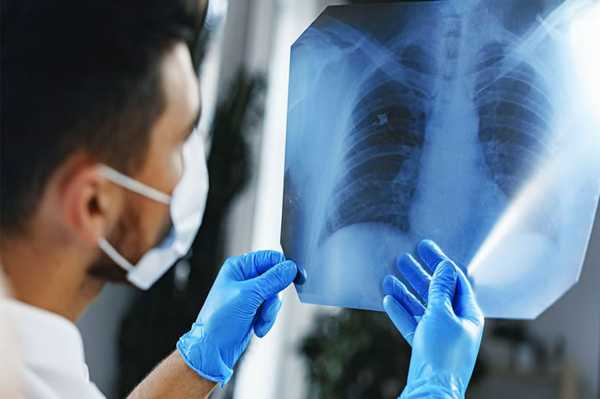How To Reduce Your Risk Of Developing Lung Cancer
The shadow of lung cancer looms large, but there’s hope in proactive prevention. While one cannot eliminate the risk entirely, several steps can be taken to significantly reduce the chances of developing this disease.
The shadow of lung cancer looms large, but there’s hope in proactive prevention. While one cannot eliminate the risk entirely, several steps can be taken to significantly reduce the chances of developing this disease.

Avoid smoking: Smoking is the chief culprit behind a large majority of lung cancer cases. Both first-hand and second-hand smoke contain carcinogens that can damage the cells lining the lungs. Over time, the damaged cells can turn cancerous. If you’ve never smoked, steer clear of starting. If you’re a smoker, it’s never too late to quit. Numerous resources, therapies, and support groups can assist in the quitting journey.
Limit exposure to secondhand smoke: It’s not just the smokers who are at risk. Inhaling the smoke of others, termed as passive smoking, can be equally detrimental. Protect yourself by avoiding places where people smoke and advocating for smoke-free zones in public areas.
Test your home for radon: An underestimated threat, radon is a naturally occurring radioactive gas resulting from the breakdown of uranium in soil and rocks. It’s invisible and odorless. Extended exposure to high radon levels can increase the risk of lung cancer. Ensure you get your home tested and, if levels are high, seek remedies to reduce them.
Avoid carcinogens at work: In certain professions, workers might be exposed to substances that can increase the risk of lung cancer. If you’re in such a job, it’s paramount to take protective measures. Ensure you’re using all recommended protective equipment, including masks, and advocate for regular risk assessments at your workplace.
Maintain a healthy diet: While the direct link between diet and lung cancer is still being researched, a diet rich in fruits, vegetables, and whole grains can boost overall health and potentially reduce the risk of several cancers. Consuming a variety of nutrients and antioxidants can fortify your body against many health issues.
In the fight against lung cancer, a proactive stance is your strongest weapon. Embrace a lifestyle that prioritizes your lung health and remain vigilant about potential risks. By doing so, you not only safeguard yourself against lung cancer but also promote overall well-being.

24/7 Emergency Plumbing Experts: Protecting Homes from Sudden Water Disasters

Metal Strength and Reliability: A Comprehensive Look at Metallurgical Testing Systems

Innovative Dental Implant Solutions: A Trusted Pathway to Lasting Oral Health

Knowledge Base Software in 2025: Tools Redefining Business Productivity

A Complete Guide to Salesforce CPQ Software Integrations






